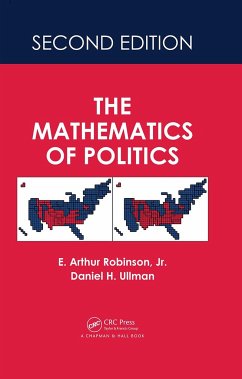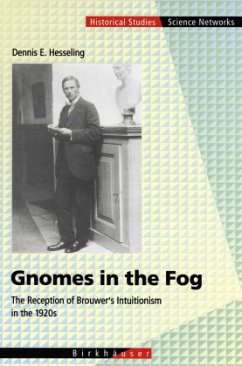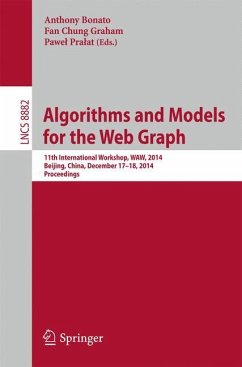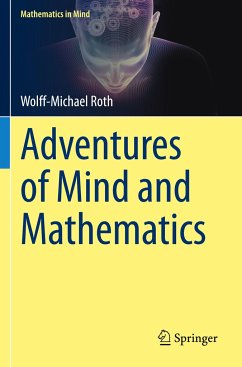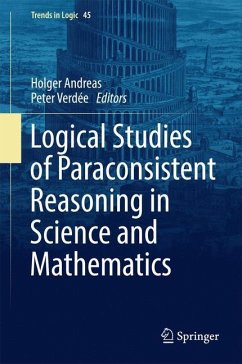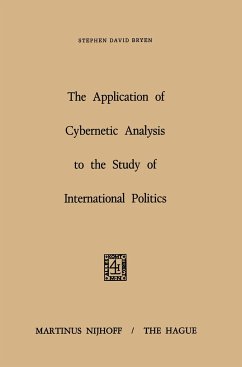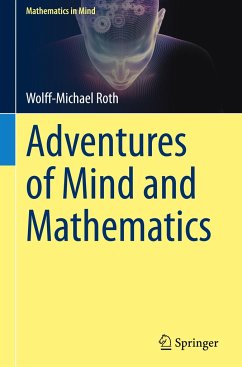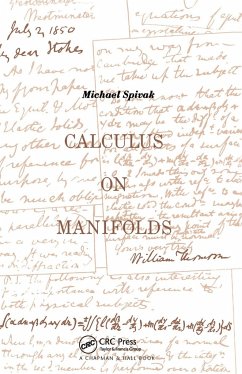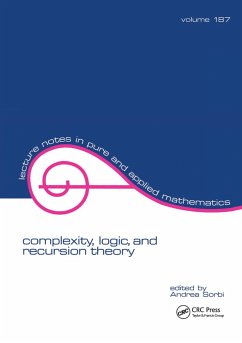
The Mathematics of Politics

PAYBACK Punkte
23 °P sammeln!
It is because mathematics is often misunderstood, it is commonlybelieved it has nothing to say about politics. The high schoolexperience with mathematics, for so many the lasting impressionof the subject, suggests that mathematics is the study of numbers,operations, formulas, and manipulations of symbols. Thosebelieving this is the extent of mathematics might concludemathematics has no relevance to politics. This book counters this impression.The second edition of this popular book focuses on mathematical reasoningabout politics. In the search for ideal ways to make certain kindsof decisions, ...
It is because mathematics is often misunderstood, it is commonly
believed it has nothing to say about politics. The high school
experience with mathematics, for so many the lasting impression
of the subject, suggests that mathematics is the study of numbers,
operations, formulas, and manipulations of symbols. Those
believing this is the extent of mathematics might conclude
mathematics has no relevance to politics. This book counters this impression.
The second edition of this popular book focuses on mathematical reasoning
about politics. In the search for ideal ways to make certain kinds
of decisions, a lot of wasted effort can be averted if mathematics can determine that
finding such an ideal is actually impossible in the first place.
In the first three parts of this book, we address the following three
political questions:
(1) Is there a good way to choose winners of elections?
(2) Is there a good way to apportion congressional seats?
(3) Is there a good way to make decisions in situations of conflict and
uncertainty?
In the fourth and final part of this book, we examine the Electoral
College system that is used in the United States to select a president.
There we bring together ideas that are introduced in each of the three
earlier parts of the book.
believed it has nothing to say about politics. The high school
experience with mathematics, for so many the lasting impression
of the subject, suggests that mathematics is the study of numbers,
operations, formulas, and manipulations of symbols. Those
believing this is the extent of mathematics might conclude
mathematics has no relevance to politics. This book counters this impression.
The second edition of this popular book focuses on mathematical reasoning
about politics. In the search for ideal ways to make certain kinds
of decisions, a lot of wasted effort can be averted if mathematics can determine that
finding such an ideal is actually impossible in the first place.
In the first three parts of this book, we address the following three
political questions:
(1) Is there a good way to choose winners of elections?
(2) Is there a good way to apportion congressional seats?
(3) Is there a good way to make decisions in situations of conflict and
uncertainty?
In the fourth and final part of this book, we examine the Electoral
College system that is used in the United States to select a president.
There we bring together ideas that are introduced in each of the three
earlier parts of the book.





